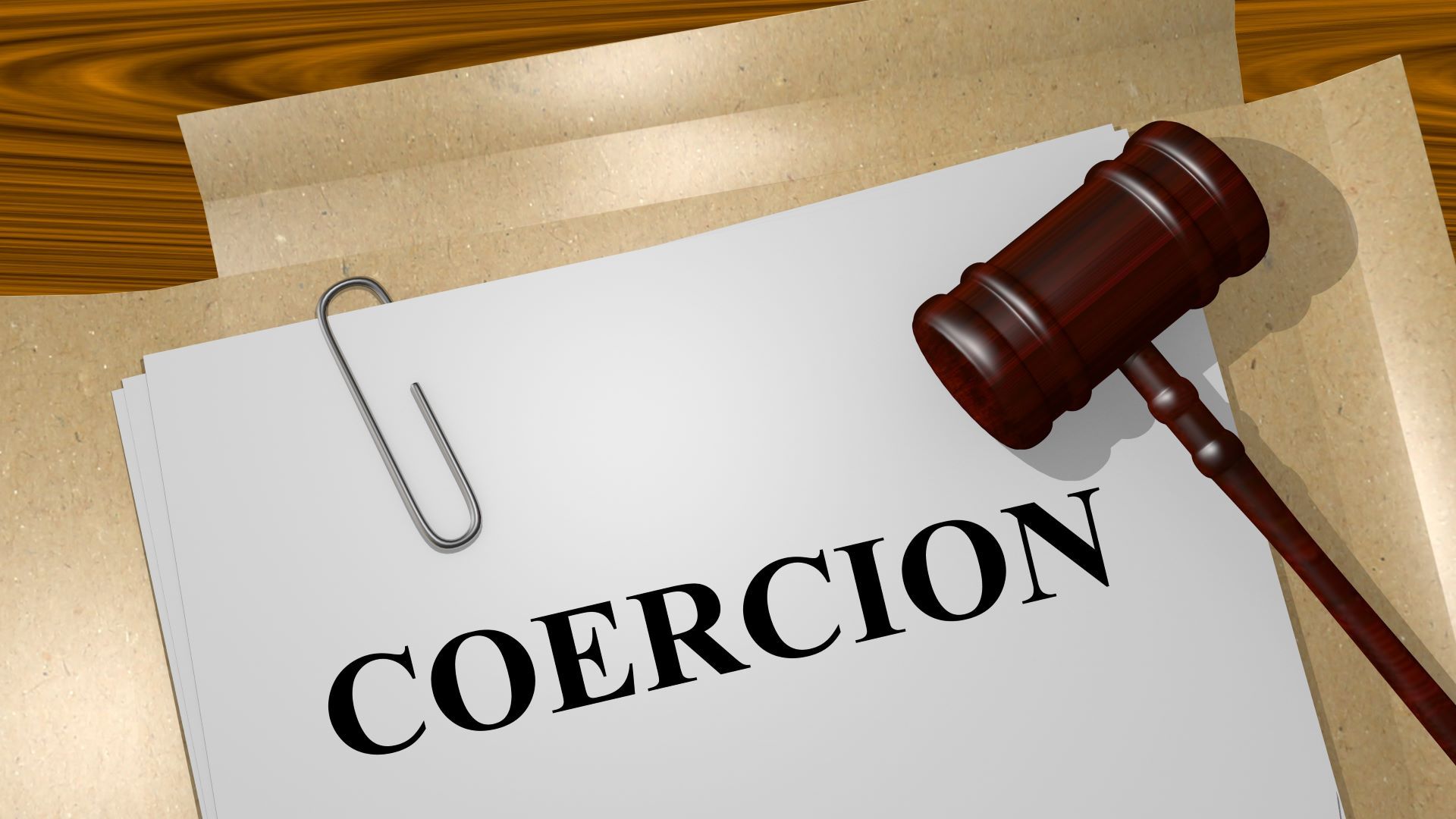European Parliament negotiators – led by the committee on international trade (INTA) chair, rapporteur and S&D MEP Bernd Lange – reached a late-night political breakthrough with EU member states on a new anti-coercion instrument. It will empower the EU to better defend itself against unfair attacks on the global stage.
According to the political agreement reached in the early hours of this morning, the EU could impose restrictions from a wide range of countermeasures, including intellectual property rights, if the coercing country does not backtrack or agree on finding a solution in line with international rules. It is also very clear that the instrument is in line with international trade rules and is a purely defensive instrument. Furthermore, the European Parliament negotiators obtained the guarantee that the European Parliament will be involved in all the stages of the process, even being informed about the Commission's assessment on coercion before the Council.
Bernd Lange, S&D MEP, chair of the European Parliament’s trade committee and rapporteur on the file, said:
“We will not stand for the weaponisation of trade by third countries trying to coerce the EU. I am extremely pleased we have achieved a breakthrough in negotiations for a tool that will equip us to defend ourselves against such economic blackmail. We must strongly protect the right of the Union to take democratic and sovereign policy choices, without facing coercion.
“We have made excellent progress overnight in shaping this powerful new instrument with a broad range of EU responses, clear timelines and a robust framework for obtaining reparation of injury. Parliament’s role has been defended and strengthened, and we look forward to the swift conclusion of the deal.”
Note to editors:
In the last few years, we have seen an increase in EU member states being the target of deliberate economic coercion by a third country through measures affecting trade and investment. Following the European Parliament’s calls, the Commission presented a proposal of an anti-coercion instrument to allow the EU to respond more effectively to such economic blackmailing.
In the negotiation with the Council, the Parliament’s negotiators obtained an extension of the scope of the proposed legislation to include measures to repair the injury where it is deemed appropriate. Furthermore, they introduced clear timelines to achieve predictability and ensure coercion is addressed swiftly.
Parliament and Council must still formally approve this agreement before it can enter into force. An additional trilogue will soon be scheduled to endorse the final text.
Bernd Lange will hold a press conference on Tuesday at 13:30 in the ANNA POLITKOVSKAYA press conference room, European Parliament, Brussels, SPAAK 0A50. You can also follow the press conference online via webstreaming and EbS.











